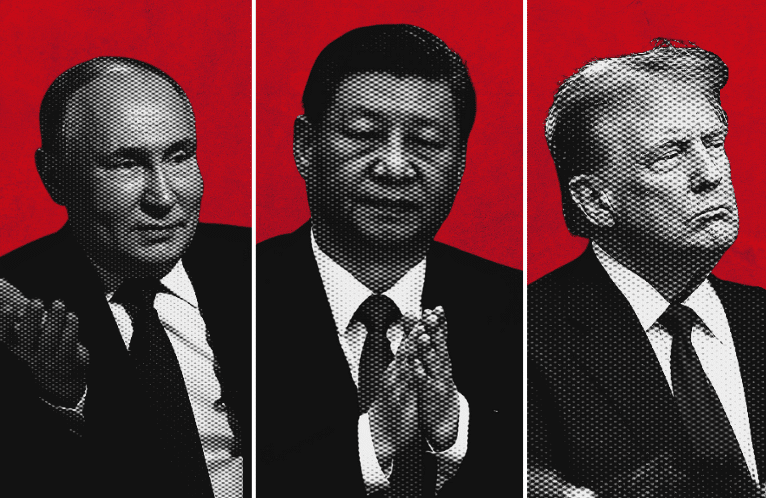Xi Jinping and Four U.S. Presidents: Personal Diplomacy Through a Decade of Change
China Says U.S. Involved In Philippines’ South China Sea Arbitration
China on Tuesday slammed the United States for being behind the South China Sea arbitration initiated by the Philippines following remarks by a senior U.S. diplomat that an upcoming ruling on the case would be a critical moment for the “rules-based” future of the region.
“As Foreign Minister Wang Yi has said, the Philippines’ action of forwarding the arbitration case is unlawful, unfaithful, and unreasonable,” Foreign Ministry spokesperson Hua Chunying said at a daily press briefing.
“Its stubbornness is clearly the result of behind-the-scenes instigation and political maneuvering. China is surely not going to humor such a political farce,” Hua said.
Daniel Russel, top U.S. diplomat for East Asia, commented recently that the upcoming ruling by an international tribunal on the arbitration case brought by the Philippines would be a critical moment for the “rules-based” future of the region.
“It is interesting that the United States has always mentioned the arbitration and the UN Convention on the Law of the Sea (UNCLOS). If the U.S. side does mean to maintain stability and order in the South China Sea, why has it not joined the Convention yet? ” Hua asked.
Regarding activity by Chinese Coast Guard vessels near Huangyan Island, Hua said China had to strengthen management in the waters to safeguard its sovereignty as well as the local stability and order as Philippine fishing boats were engaged in illegal activities in the region recently.
Stressing that Huangyan Island is China’s inherent territory, Hua said Chinese public service vessels had asked the Philippines boats to leave in accordance with law, yet those on board ignored the warnings and wielded knifes and threw comburent at Chinese law enforcers.
Such actions “brazenly defy Chinese law enforcement” and “severely endanger the stability and order in the waters of Huangyan Island,” said Hua.
“Therefore, China had no choice but to strengthen management in the waters of the island,” she said.
Mar. 23, 2016 on Xinhuanet
Read more here








